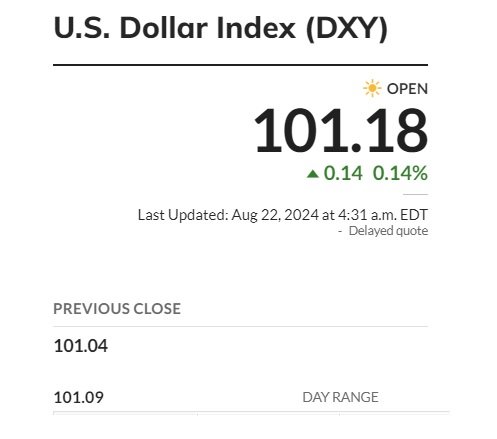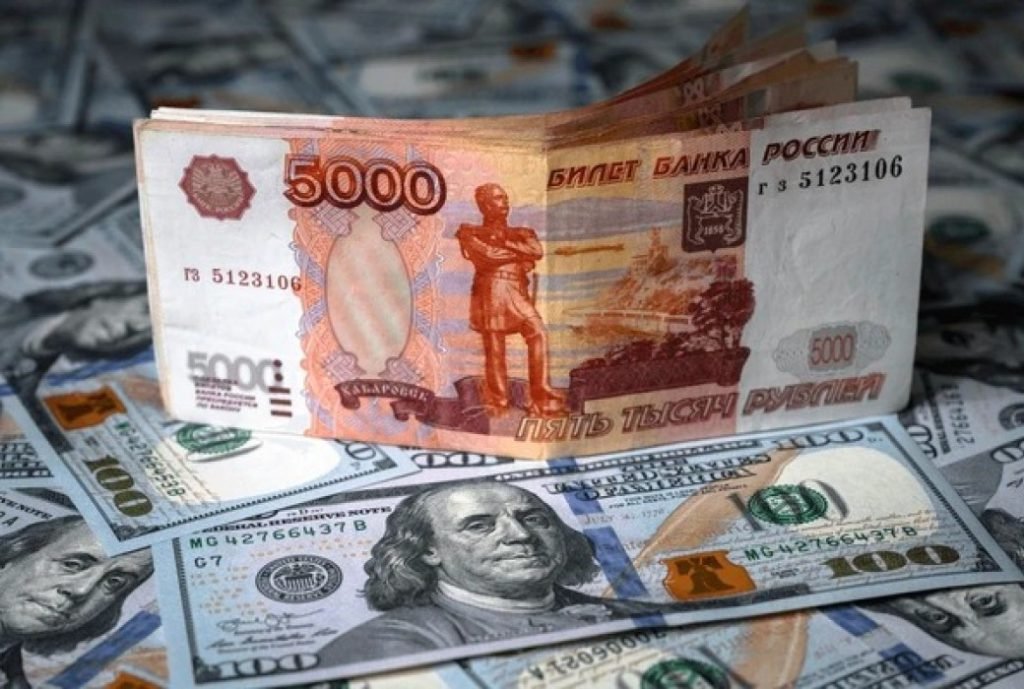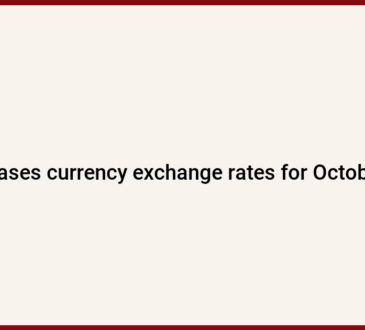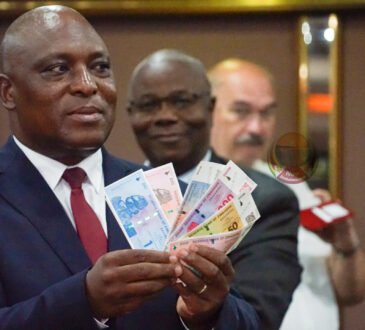The U.S. dollar is facing stiff competition from local currencies this week taking the top spot in the forex markets. BRICS countries’ currencies like the Indian rupee and Chinese yuan have briefly surged against the U.S. dollar this week. The DXY index, which tracks the performance of the U.S. dollar shows the currency falling below the 101.1 mark. It fell from a high of 104 early this month and is now dangerously low towards dropping to 100 level.
Also Read: More Than 50 Countries Could Accept BRICS Payment System


The local currencies of BRICS nations are breathing a sigh of relief as the U.S. dollar hammered them last month. The USD dip comes at a time when the bloc is looking at various options to topple it from the world’s reserve currency. Read here to know how many sectors in the U.S. will be affected if BRICS ditches the dollar for trade.
Also Read: 47 Countries Ready To Join the BRICS Alliance
BRICS: Why Local Currencies Are Rising & the U.S. Dollar Falling?


The U.S. dollar is down for three trading sessions straight while local currencies climbed up the charts. The USD is down as investors await clues from Fed Chair Jerome Powell. His speech will be delivered on Friday and could dictate the next direction of the markets. The upcoming Fed speech could touch on topics like interest rate hikes, inflation, and job growth. If Powell’s speech indicates that growth in the U.S. is slowing down, confidence in BRICS and other foreign markets could rise.
Also Read: New Country Shows Interest To Join BRICS Before 2024 Summit
Traders are staying away from the U.S. dollar during this period to avoid volatility. Therefore, the local currencies of BRICS countries are gaining while traders opt to stay out of the U.S. dollar awaiting the Fed’s speech. “If you have U.S. growth slowing and global growth holding relatively steady, that should lead to a lower dollar,” said Vasileios Gkionakis, Head of Europe Economics and Strategy at Aviva Investors, to Bloomberg.





